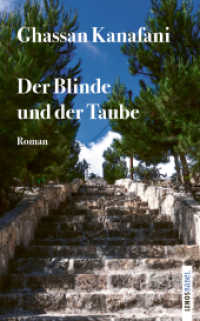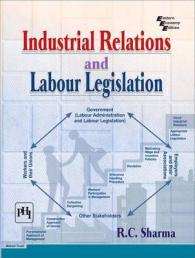- ホーム
- > 洋書
- > 英文書
- > Business / Economics
Full Description
Agricultural development through crop diversification, irrigation, high yielding crop varieties, and public investments in infrastructure has improved food security and its seasonal dimension worldwide in recent years. Consequently, the severity of seasonal hunger caused by agricultural crop cycles has lessened substantially. Yet in agricultural pockets scattered throughout Sub-Saharan Africa and Asia, seasonal hunger persists, especially among the rural poor, owing primarily to idiosyncratic shocks caused by agricultural seasonality. More than four-fifths of the world's poor live in rural areas and depend on agriculture for livelihoods. Because of seasonal income shocks, the poor who are generally poor are likely to be even poorer during a particular agricultural season, while those who are not poor year-round may also be so during that season. Also, seasonal hunger may lead to endemic poverty if its adverse effects on income and consumption are irreversible. Policies aimed at reducing overall poverty often disregard its seasonal dimension, because standard poverty statistics do not consider seasonal hunger in the official data collection and analysis, there is no direct way to determine how many of the "bottom billion," as economist Paul Collier refers to the world's poorest people, suffer from seasonal hunger. Even worse, regions prone to severe seasonal hunger are unlikely to attract the public investments required to raise the local economy's resilience through income diversification and thus break the seasonal-poverty cycle.
The book provides an exhaustive inquiry of Bangladesh's seasonal hunger with special reference to the North West region. The seasonality of poverty and food deprivation is a common feature of rural livelihood but it is more marked in the north-west region of Bangladesh. The book also presents an evaluation of several policy interventions launched recently in mitigating seasonality, which provide a test case of what works and what does not in combating seasonal hunger. The major findings of the book are the following: (a) Policies to improve food security should explicitly take into account the seasonal dimension of food deprivation. (b) Gains from initiatives to combat seasonal hunger should be monitored and consolidated to ensure sustainable impacts. (c) Policies should also focus on areas that, owing to environmental degradation and climate change, are increasingly vulnerable to seasonal hunger and food insecurity in general.|Agricultural development through crop diversification, irrigation, high yielding crop varieties, and public investments in infrastructure has improved food security and its seasonal dimension worldwide in recent years. Consequently, the severity of seasonal hunger caused by agricultural crop cycles has lessened substantially. Yet in agricultural pockets scattered throughout Sub-Saharan Africa and Asia, seasonal hunger persists, especially among the rural poor, owing primarily to idiosyncratic shocks caused by agricultural seasonality. The book provides an exhaustive inquiry of Bangladesh's seasonal hunger with special reference to the northwest region, where it is more pronounced. It also presents an evaluation of several policy interventions launched recently in mitigating seasonality, which provide a test case of what works and what does not in combating seasonal hunger. The major findings of the book are: (a) Policies to improve food security should explicitly take into account the seasonal dimension of food deprivation. (b) Gains from initiatives to combat seasonal hunger should be monitored and consolidated to ensure sustainable impacts, and (c) Policies should also focus on areas that, owing to environmental degradation and climate change, are increasingly vulnerable to seasonal hunger and food insecurity in general.








